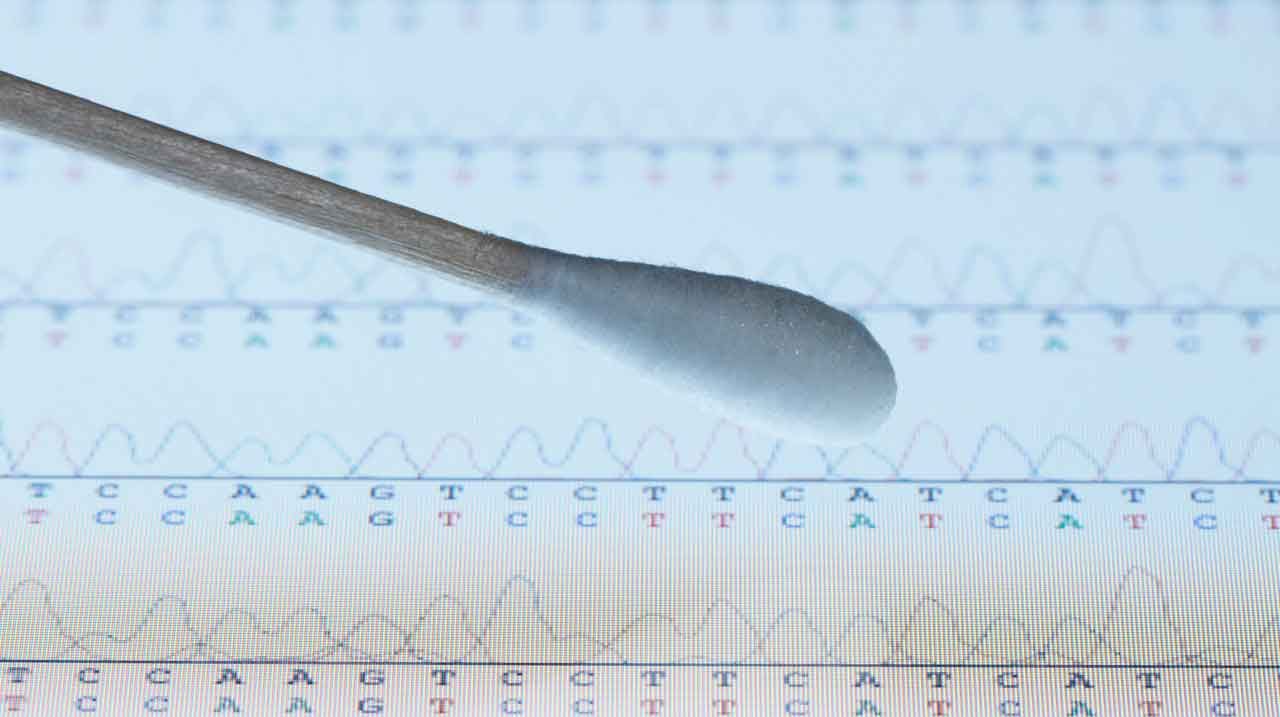Saliva Testing Can Detect and Monitor Disease

A wide range of biomarkers with diagnostic value can be found in this important fluid.
Imagine spitting into a cup at your dentist’s office and getting immediate results for tests that indicate the state of your oral and systemic health.
Every protein, hormone, and molecular component found in your blood is also in saliva, says Paul D. Slowey, PhD, a pioneer in the development of salivary testing platforms and CEO of Oasis Diagnostics.
But saliva has the advantage of being less invasive, easier to collect, safer to handle, and quicker to provide results. Although saliva can be collected most anywhere, dental offices make sense. If you’re afraid of needles, and many people are, saliva bypasses the need for one.
YOU MIGHT ALSO LIKE: Your Mouth Can Illuminate Your Body’s Health
Most people, especially women and children, visit their dentists far more often than their doctors, says researcher Charles Streckfus, DDS, of the University of Texas Health Science Center.
The UCLA School of Dentistry received a $5 million grant from the National Institutes of Health (NIH) for developing a tool to study the biomarkers in saliva for detecting stomach cancer.
“Salivary diagnostics is a very dynamic field with a lot of potential and I’m excited our research is advancing toward clinical maturation,” says lead researcher David T. Wong, DMD, DMSc, who has spearheaded the effort to turn saliva into a wide-ranging diagnostic tool.
“The (NIH) support for developing salivary exRNA biomarkers… is a strong statement that saliva is scientifically credible for the detection of systemic disease.”
Wong’s lab and collaborators first discovered salivary exRNA molecules in 2004 and demonstrated their utility for detecting oral cancer. Since then, the lab has developed biomarkers for salivary gland tumors, Sj ögren’s syndrome, and many life-threatening cancers.
If you have periodontal (gum) disease, it can also be detected through the assessment of molecules that are connected to the early inflammatory response and subsequent tissue destruction that occurs.
Some tests are already a reality for you, and many more will soon be available as researchers continue to identify and confirm disease biomarkers and create devices that can provide test results.
A number of salivary tests are available to screen for viral infections, such as HIV, and to detect the use of a wide variety of illicit drugs. Newer salivary diagnostic platforms now entering the market also include forensic use (DNA matching), Slowey says.
You can receive a kit in the mail that allows you to collect your saliva (usually in a small cup) and send the sample back to a central laboratory. The results are evaluated for cortisol, testosterone, progesterone, estradiol, dehydroepiandosterone, and other hormones.
The results are reported to you as “normal” or “abnormal,” with recommendations on any follow-up needed. That could include seeing your doctor, or joining a fitness program because your level of a hormone is outside the normal range.
Though these tests are not formally considered diagnostic because they can’t pinpoint a specific condition, they can help guide you and health professionals toward better health in general.
Since the early 1990s researchers have discovered many salivary biomarkers – for cavities, gum disease, HIV, various forms of cancer, diabetes, arthritis, heart disease, autoimmune disorders, and endocrine levels.
“There is much more information contained in saliva than previously thought,” Wong says.
Recent advances in the field have led to the development of a “a number of companies that have products out there, and they do work, but they haven’t gone through the (U.S. Food and Drug Administration) FDA,” says Daniel Malamud, PhD, a professor at the New York University College of Dentistry and a pioneer in salivary diagnostics.
“So, they’re used mostly in research studies or sold over the internet to individuals.”
Most recently, the FDA approved a home salivary test kit for hepatitis C.
“Within (several) years there will be tests for other infectious diseases, as well as markers for oral cancer and, perhaps, for cardiovascular disease,” Malamud says.
Updated:
March 31, 2020
Reviewed By:
Christopher Nystuen, MD, MBA